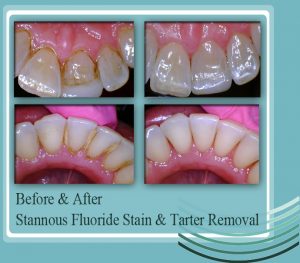FACT: Today’s dental radiation levels have been found to be comparable to those we absorb during a two-hour plane ride or while working in the back yard for a few hours.
Part of our responsibility at NICD is to review and vet the scientific content of news pertaining to our profession. That said, a recent story in the American Cancer Society’s journal, Cancer, caught the attention of many. Entitled “Dental X-Rays and Risk of Meningioma,” the article summarized a study that sought to develop a correlation between dental X-rays and brain cancer. The story was picked up by several networks and broadcasted widely.*
After assessing the study upon which the article was based, the American Dental Association (ADA) and the Academy of General Dentistry (AGD) have found it to be flawed. Of primary concern is that conclusions were drawn using a “population-based-control study.” This means data was collected by means of recall and self-reporting on the part of the study group, often decades after the X-ray occurrences.
Failure to account for significant advancements in dental radiography is another of the study’s major errors. Conclusions were drawn from antiquated machines of yesteryear to formulate conclusions for current day. There was no calibration for the sensitive technology now utilized.
“It is regrettable to think that an article based on outdated technology could scare the public and cause them to avoid needed treatment,” said AGD president Dr. Howard Gamble.
At NICD, we also must side with the ADA and AGD in expressing that the report was seriously flawed and detrimental to the public we serve. Please know that we encourage you to ask any questions you may have — we’re here to help guide you toward the healthiest solutions for you.
NOTE: As a Section Editor of Compendium of Continuing Education in Dentistry, and a member of other dental publication editorial boards, Dr. Sesemann stays current on scientific dental literature. He is pleased to share information that impacts your health, orally and in general. We pledge that we will always make decisions concerning radiographic type and frequency based the needs of each individual, and after a careful and thorough assessment of their personal conditions and the current science involved in any treatment. It is a commitment we take very seriously.
* The article originally appeared on April 10, 2012.

